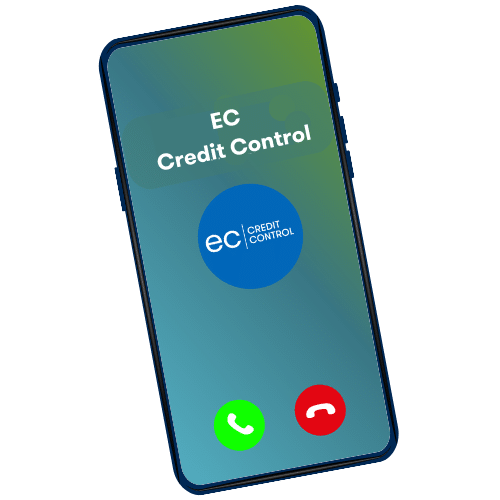
There are a few ways you can structure your business, each with its own set of pros and cons.
Businesses, organisations, non-profits and charities have certain tax obligations when setting up. They may also have obligations with other government agencies like the Companies Office or Charities Services.
Here is some information on the different options.
Self-employed, partnership or company?
There are different ways to set up your business, with different tax obligations for each. It can be expensive to change your business structure, so it’s important to choose the right one.

Sole trader.
The business is part of your personal finances and you’re responsible for all income and losses.
Sole traders are people who are starting in business or are contracting. Many small business owners, contractors and self-employed people begin as sole traders. It’s the cheapest and easiest option and may appeal to you if you want to make a living by following your passion or to work as a contractor.
Pros:
Cons:

Company.
The business is a separate legal entity with one or more owners. Losses are not usually held against the owners and companies can either make a profit or loss at the end of each income year and use losses to reduce income tax in the following years.
Being a separate legal entity affords a company with limited liability, as well as added legal responsibilities.
Pros:
Cons:

Partnership.
You and your business partners share the personal responsibility for income, losses and control of the business.
A partnership is when you and another person or organisation partner together and run a business. This is usually set out in a partnership agreement, and you split the profits and debts accumulated through your commercial dealings.
Pros:
Cons:
Did you need some help with deciding what business entity your new business sits in? Business.govt.nz has a really handy tool with three easy questions to help you choose here.
Thank you to ird New Zealand and business.govt.nz for this great content.
Disclaimer: EC Credit Control does not provide accounting, tax, business or legal advice. This guide has been provided for information purposes only. You should consult your own professional advisors for advice directly relating to your business or before taking action in relation to any of the content provided.
We have a team of Business Support Specialists throughout the country who can catch up with you to discuss what terms you need.


Our business is NZ owned.
EC Credit Control (NZ) Ltd
